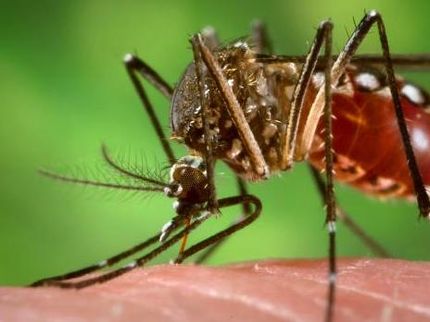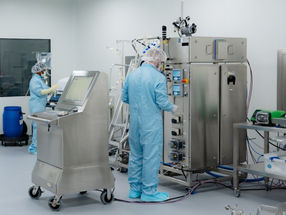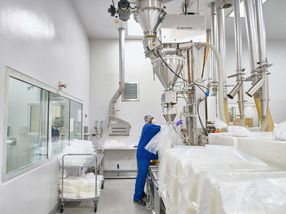Applied Biosystems Announces Major Expansion of Taqman® SNP Genotyping Assays Product Line
Nearly Two Million Assays Now Available Via the Applied Biosystems Web Site
Applied Biosystems, an Applera Corporation business, announced a major expansion of its TaqMan® SNP genotyping Assays for functional genomics research.
The newly available assays include an inventory of more than 30,000 TaqMan® Coding SNP Genotyping Assays, for researchers studying single nucleotide polymorphisms (SNPs) within protein coding regions of genes, and more than 1.8 million TaqMan® Pre-Designed SNP Genotyping Assays that can be made to order.
The new TaqMan® Pre-Designed SNP Genotyping Assays complement the more than 150,000 validated SNP genotyping assays previously available to provide more robust coverage of the genome for gene-finding, human disease association studies, and other applications. Formerly known as the Assays-on-Demand(TM) products, Applied Biosystems TaqMan® SNP Genotyping Assays eliminate the labor, expense, and bioinformatics expertise previously necessary for generating high quality human SNP genotyping data. The assays are part of the Applied Biosystems genotyping solution, which also includes the Applied Biosystems Real-Time PCR Systems, the SNPlex(TM) Genotyping System, and Celera Discovery System(TM) (CDS) online platform.
"With this expanded product line, Applied Biosystems now offers many more assay choices to researchers conducting candidate gene, gene-region, and disease association or mapping studies. Our nearly two million SNP genotyping assays, combined with easy-to-use, knowledge-based software tools, can make these studies more efficient, productive and scalable," said Michael W. Hunkapiller, Ph.D., President of Applied Biosystems. "Further, disease researchers should derive significant benefit from the availability of the new set of TaqMan® Coding SNP Genotyping Assays, which are particularly important for direct association studies as these SNPs are thought to cause functional changes in proteins that may be responsible for various diseases."
Most read news
Other news from the department manufacturing

Get the life science industry in your inbox
From now on, don't miss a thing: Our newsletter for biotechnology, pharma and life sciences brings you up to date every Tuesday and Thursday. The latest industry news, product highlights and innovations - compact and easy to understand in your inbox. Researched by us so you don't have to.

























































